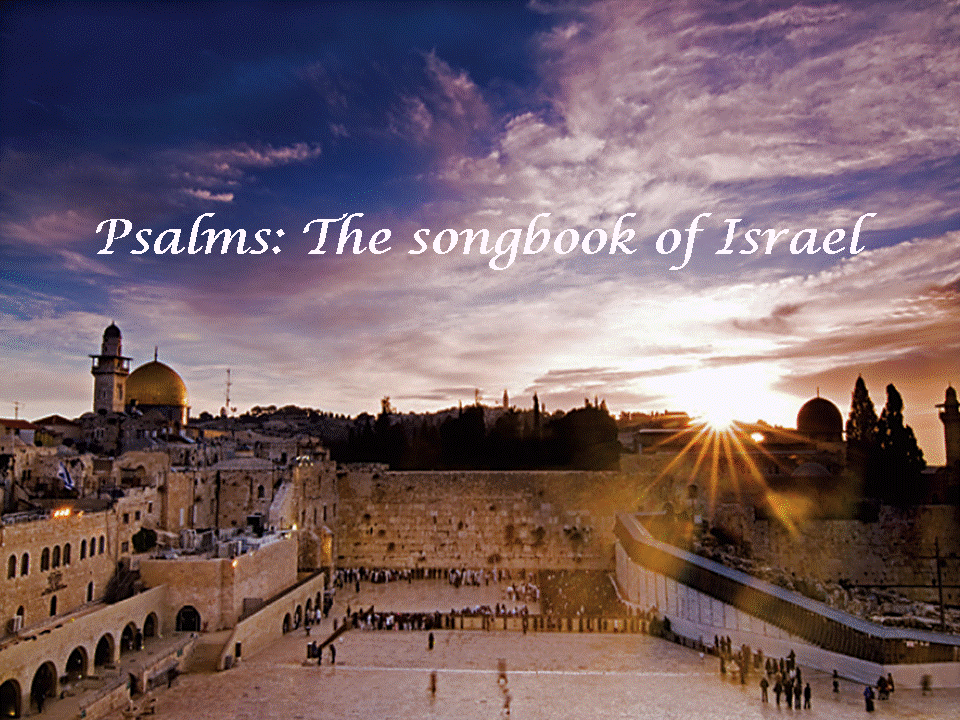Podcast: Play in new window | Download
Category Archives: Bible Study
Psalm 119 Part 3
Psalm 119 Part 2
Psalm 119 Part 2 continues to look at verses 1-8 of this great chapter.
Podcast: Play in new window | Download
Psalm 119 Part 1
Part 1 of Psalm 119 covers the first 7 verses of this great chapter.
Podcast: Play in new window | Download
GOD IS NEAR
The Lord is near to the brokenhearted, and saves those who are crushed in spirit.” Psalm 34:18
The theological word for God’s nearness is immanence. This is closely related to another theological word that describes a characteristic of God – omnipresence. Have you considered God in this light? What are the implications of these characteristics?
Our verse from Psalm 34 tells us that God is near to the brokenhearted and saves those who are burdened to the point of desperation, what the Psalmist describes as those “who are crushed in spirit.” This is a very frank picture of the human condition that many people experience at some point. For the writer of this Psalm – King David – it was a time of exceeding frustration and ebbing hope that gave rise to the penning of these words. As David expressed his thoughts and emotions there arose within him an awareness of the nearness of God and the promises God had made to him concerning his own future.
It is very easy to become burdened down with the cares of life. Everyone has bills to pay, appointments to keep, and responsibilities to fulfill. Day by day we focus on completing our tasks but over time we can become exhausted if we lose sight of why God saved us in the first place. We were made for so much more than debt, full schedules, and tasks that need completed. God saved us so that we might enjoy a close, intimate, and personal relationship with Him.
What compassion is this that God our creator would still remind us even when we allow our lives to become an endless parade of frustrating struggles that He is present for us and with us? Our God is not “an I told you so” God, but is instead full of mercy and patience, ever reaching out to His children.
Have you allowed your relationship with God to suffer at the hands of your schedule or responsibilities? Do you find yourself troubled by your lack of closeness to God? Are you suffering under the weight of life? Cry out to God who is near. He has never left you and stands ready to lift the burdens that crush your spiritual life.

